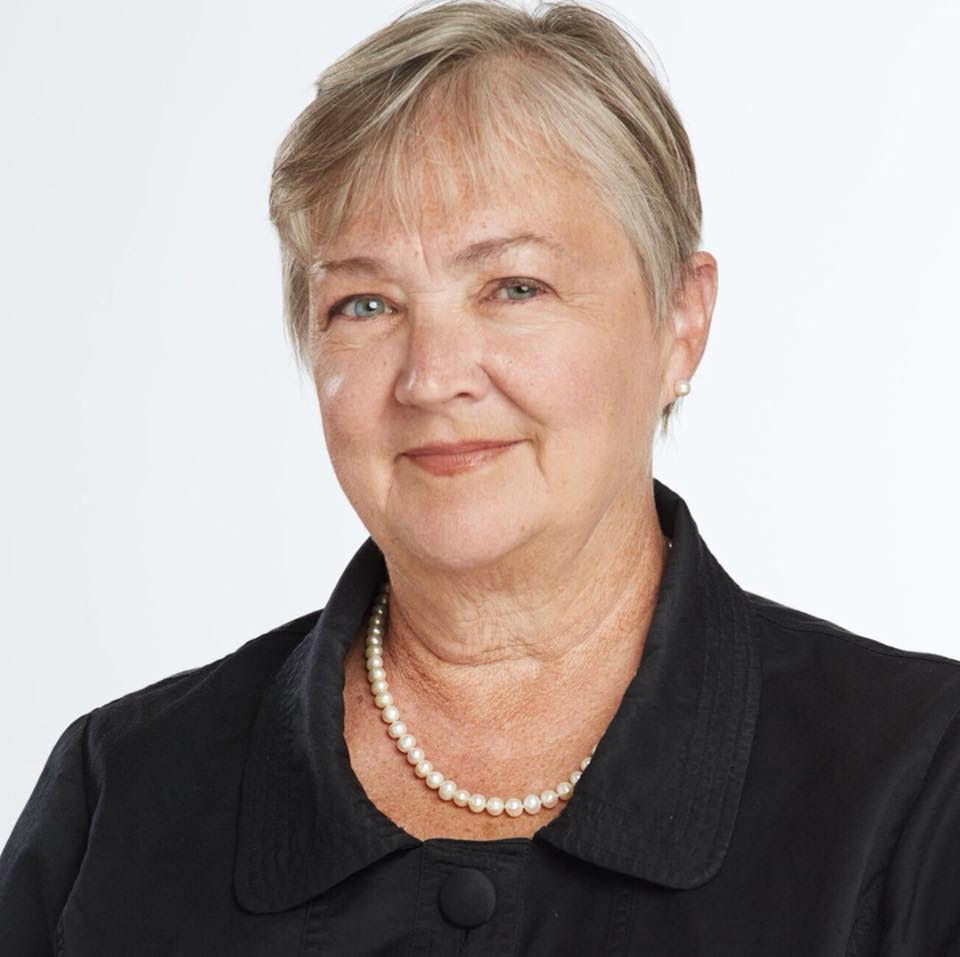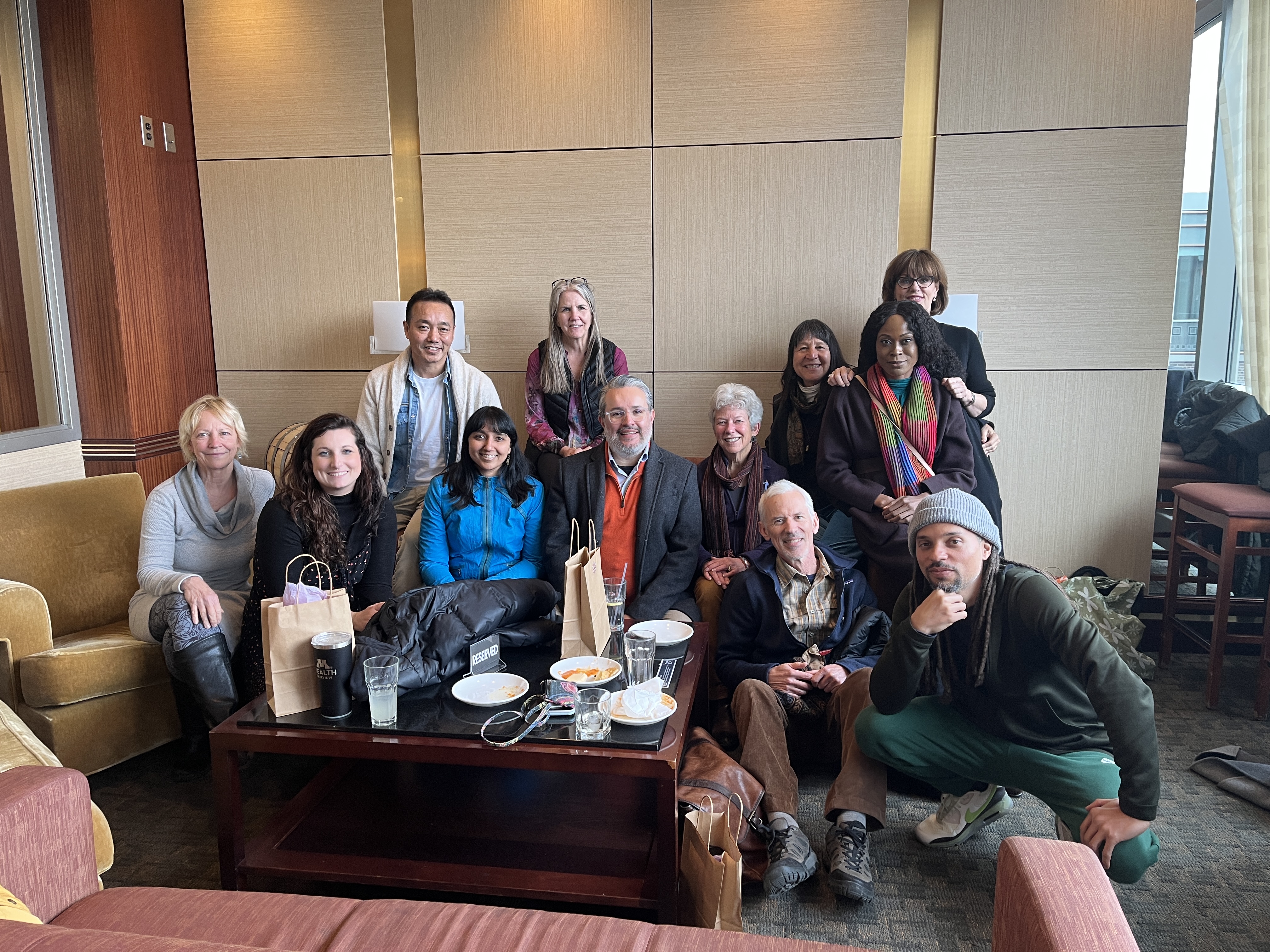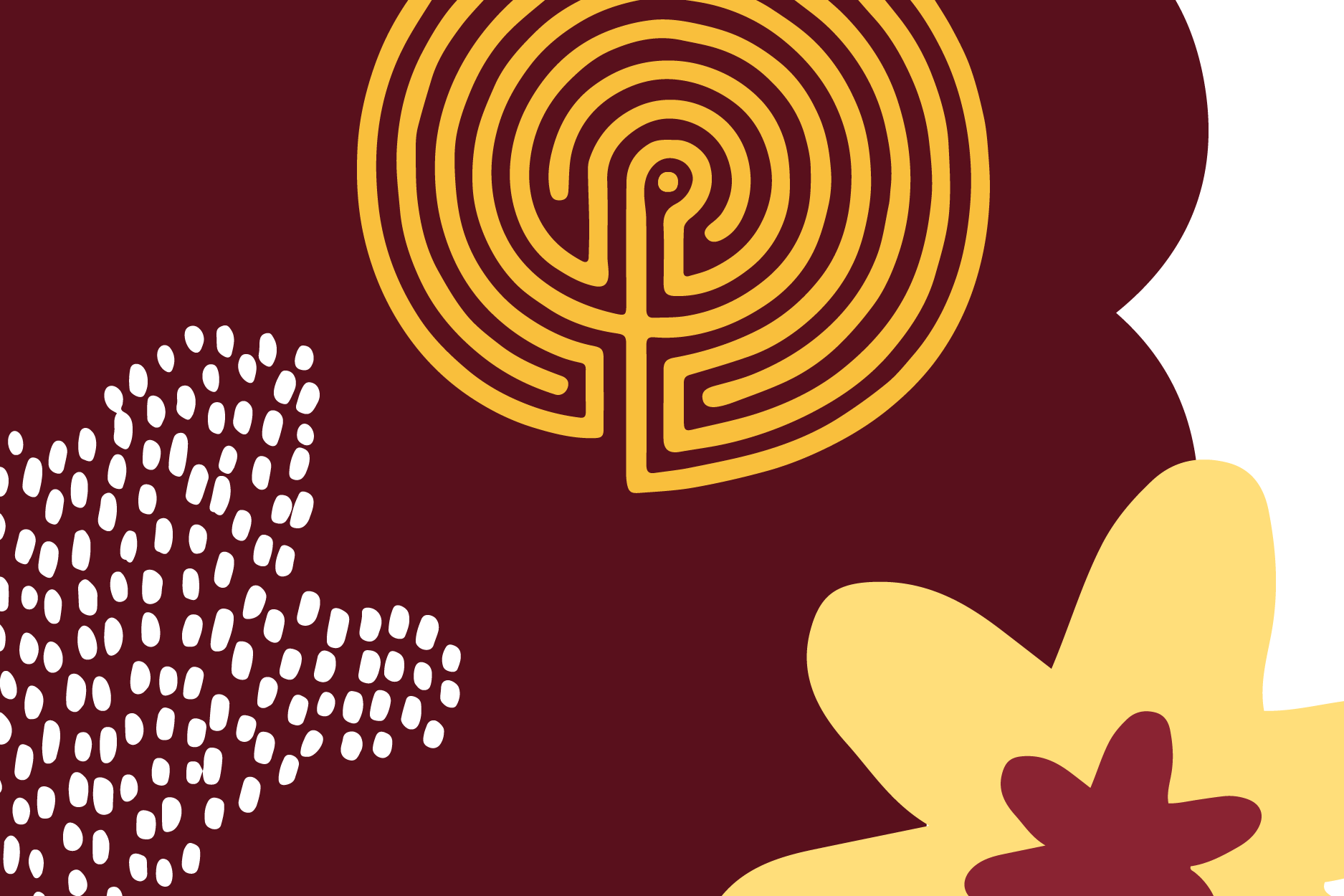In the Spirit of Service and Integration
The three primary missions most often articulated for American universities are research, teaching, and service. All too often, staff and faculty are engaged in only one aspect of the tripartite mission and operate in silos. As a result, research fails to inform teaching, and both teaching and research are disconnected from service. In many ways, it is the service or community engagement mission of the University that offers the opportunity for true integration of research and teaching and partnership with the community that advances wellbeing for all.
June 15, 2023
Mary Jo Kreitzer

The three primary missions most often articulated for American universities are research, teaching, and service. All too often, staff and faculty are engaged in only one aspect of the tripartite mission and operate in silos. As a result, research fails to inform teaching, and both teaching and research are disconnected from service. In many ways, it is the service or community engagement mission of the University that offers the opportunity for true integration of research and teaching and partnership with the community that advances wellbeing for all.
I was recently asked to distill the work of the Center into a few words. I chose four words - we discover (conduct and disseminate research), teach, connect, and heal. Of course, our formal vision and mission statements are longer:
Vision: Advance the health and wellbeing of people and the planet.
Mission: Advance whole health and wellbeing by providing interprofessional education, conducting research, supporting integrative models of care, and delivering community engagement programs.
Simply stated, we discover, teach, connect, and heal!
This issue of Mandala is filled with stories that capture the integrative work of the Center and highlight our deep connection with the community. The classroom for Dr. Mark Umbreit, one of our longest serving and most esteemed faculty members, has been a world platform where he has taken his work in restorative justice. His courses on peacebuilding through mindfulness and forgiveness and healing are informed by both his research and his practice serving as a mediator and healer. For decades now, Mark’s courses have drawn students from multiple disciplines and majors throughout the University. One morning, about 20 years ago, I arrived at my office to find a letter from a student slipped under my door. She identified herself as a woman from Palestine and explained that she was just wrapping up her PhD. She wanted me to know that Mark’s course was the most important she had taken during her time at the University. During the course, she attained new insights into the conflicts in her native land that were life changing.
Dr. Tenzin Namdul, while building on the work of his mentor Dr. Miriam Cameron who established the Tibetan Healing Initiative at the Center, is committed to community-based research and bringing the insights of Tibetan Medicine to both the Tibetan and broader community. He is currently conducting research in India where he also offers a course in Tibetan Healing. Another example of weaving together teaching, research, and service.
For the Integrative Health & Wellbeing Research Program led by Drs. Roni Evans and Gert Bronfort, community-based research involves working closely with a community advisory team that helps broaden their perspectives, build relationships, and understand cultural considerations. Their work focuses on non-pharmacological approaches to pain management, a critical issue given the escalating use of opioids. The research is also designed in partnership with the community to address health disparities, equity, and inclusion. Despite good intentions, researchers often don’t have the full trust of the communities they serve. For this group of researchers, service is deeply intertwined with their research that in turn informs their teaching.
At the Bakken Center, our values permeate everything we do and shape our priorities, including how we partner with the community.
Our values include:
- Compassion, love, and service motivate and drive our work.
- Diversity, equity, inclusion, and belonging are integral components of our culture and operations.
- Evidence-informed approaches integrating the best available data and lived experiences shape our actions and decision-making.
- Innovation emerging from learning and discovery holds the potential for transforming people, systems, and the planet.
When people ask what the Center does, it can lead to lengthy explanations of what we do and how we do it! We are working on a simple one-page visual that captures the essence of the Center’s work. It will first be published later this summer in our Annual Report and subsequently will appear on our website and in other publications. If you would like to receive a copy of our annual report, visit z.umn.edu/CSHAnnualReport.
As you read this issue of Mandala, you will see in every story how our values are expressed in and drive our work. Thank you for your interest and support of our work.
Mary Jo Kreitzer, PhD, RN, FAAN
Founder and Director
Earl E. Bakken Center for Spirituality & Healing


